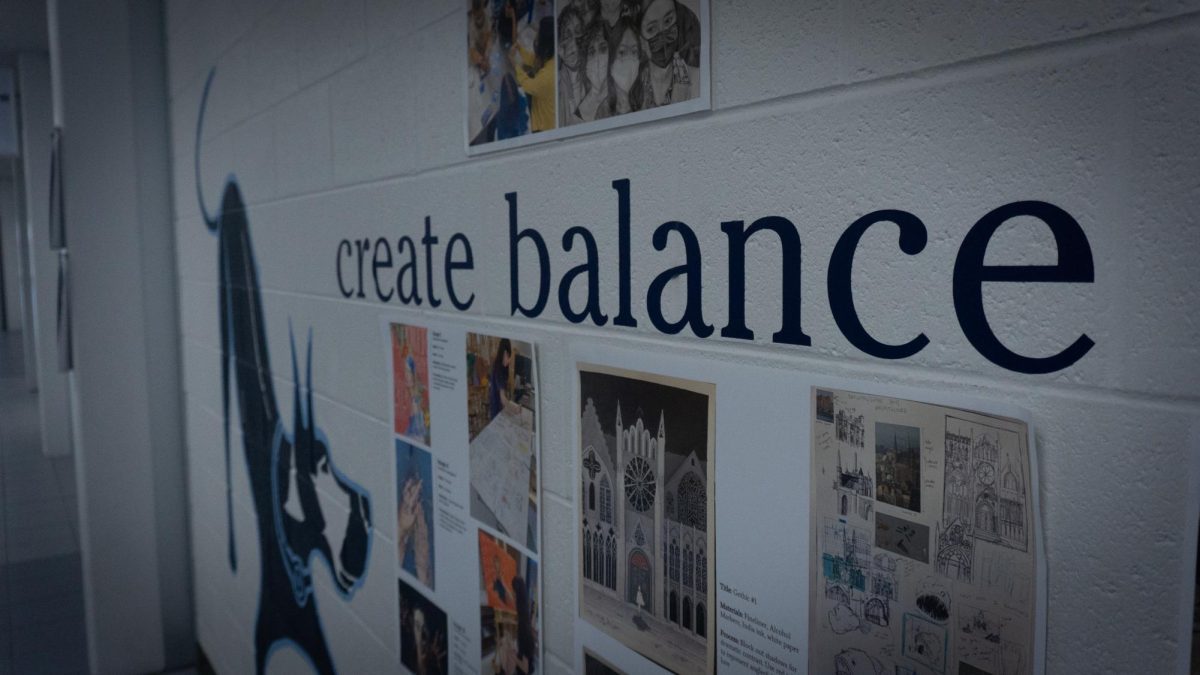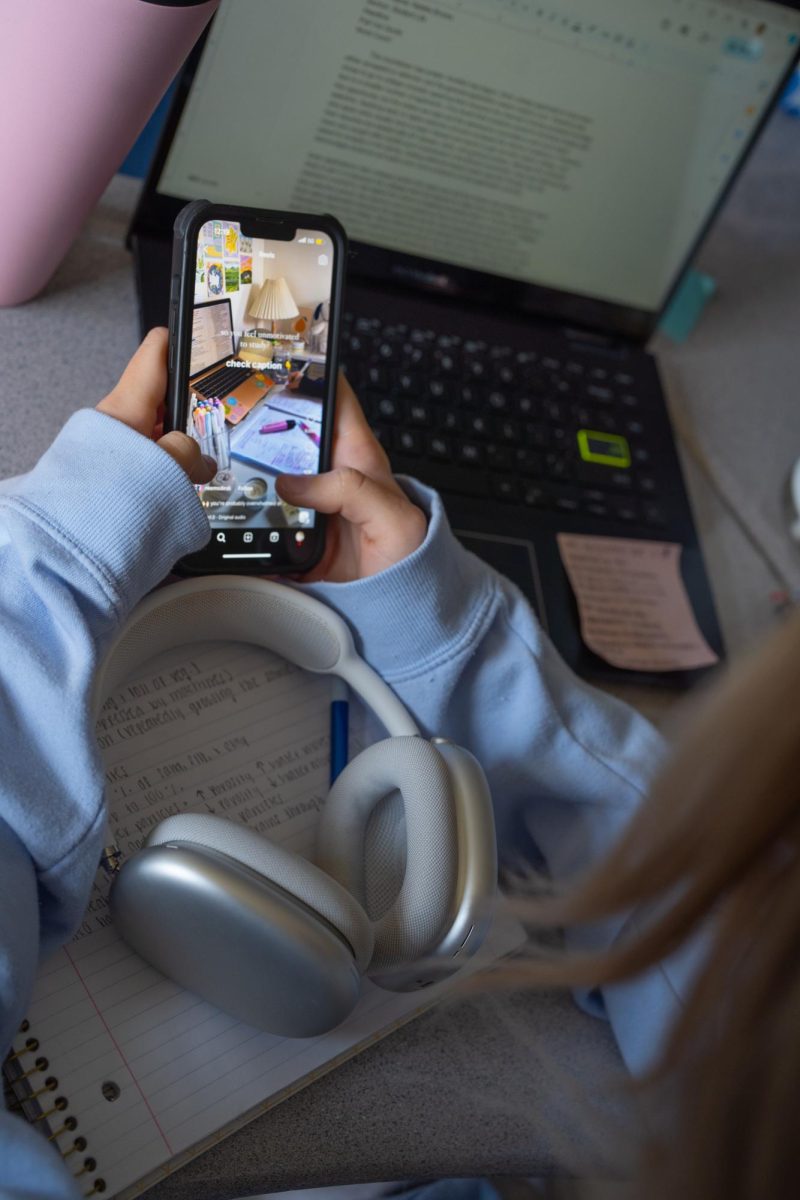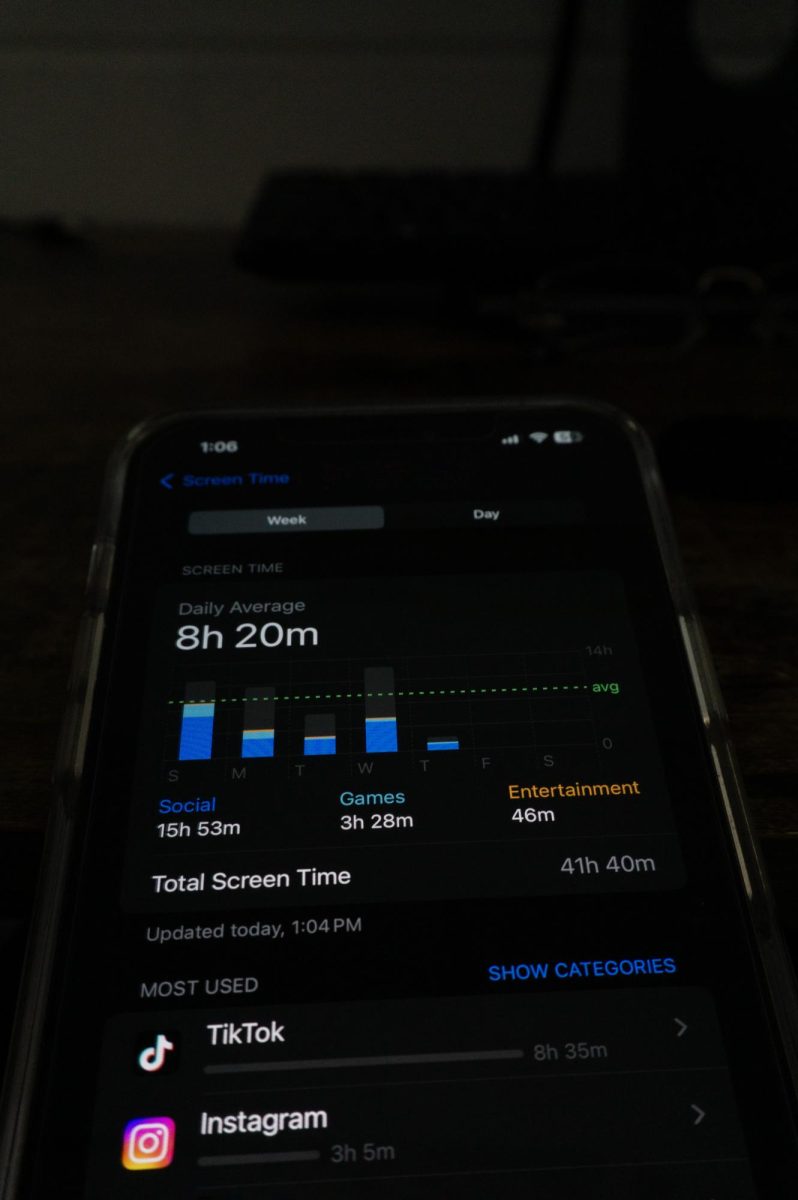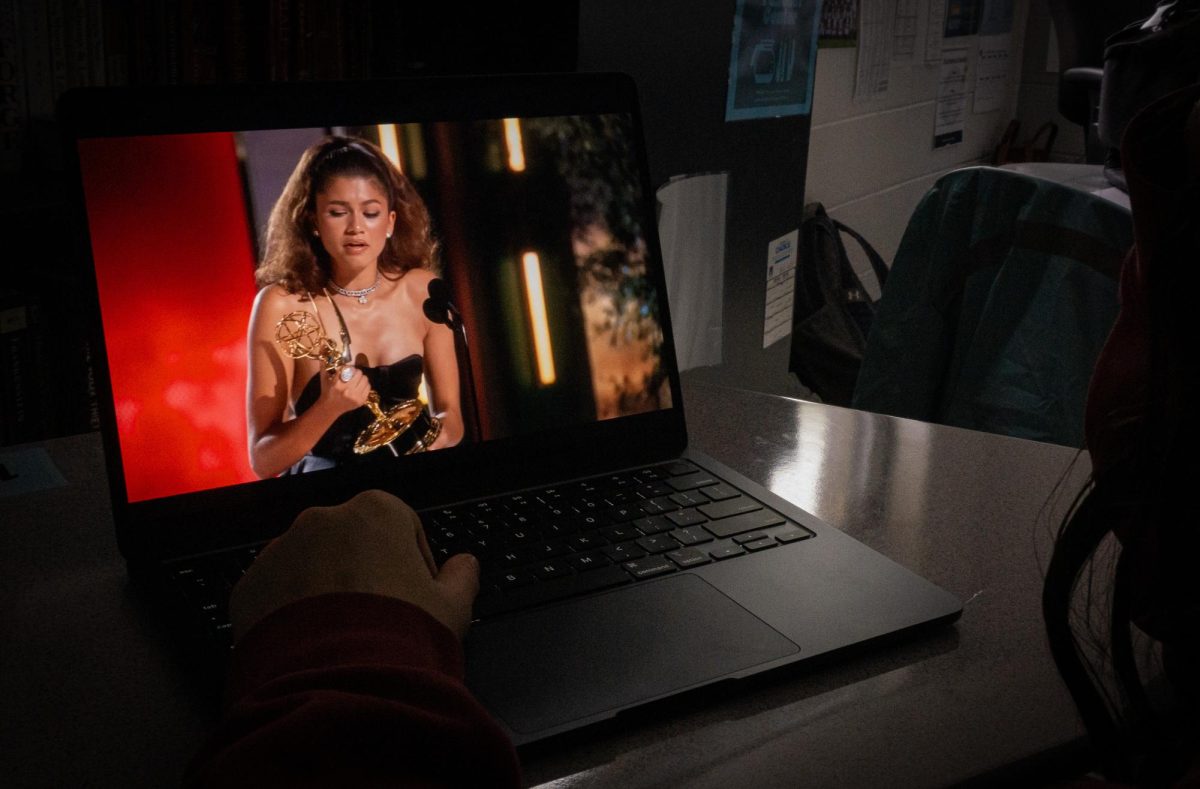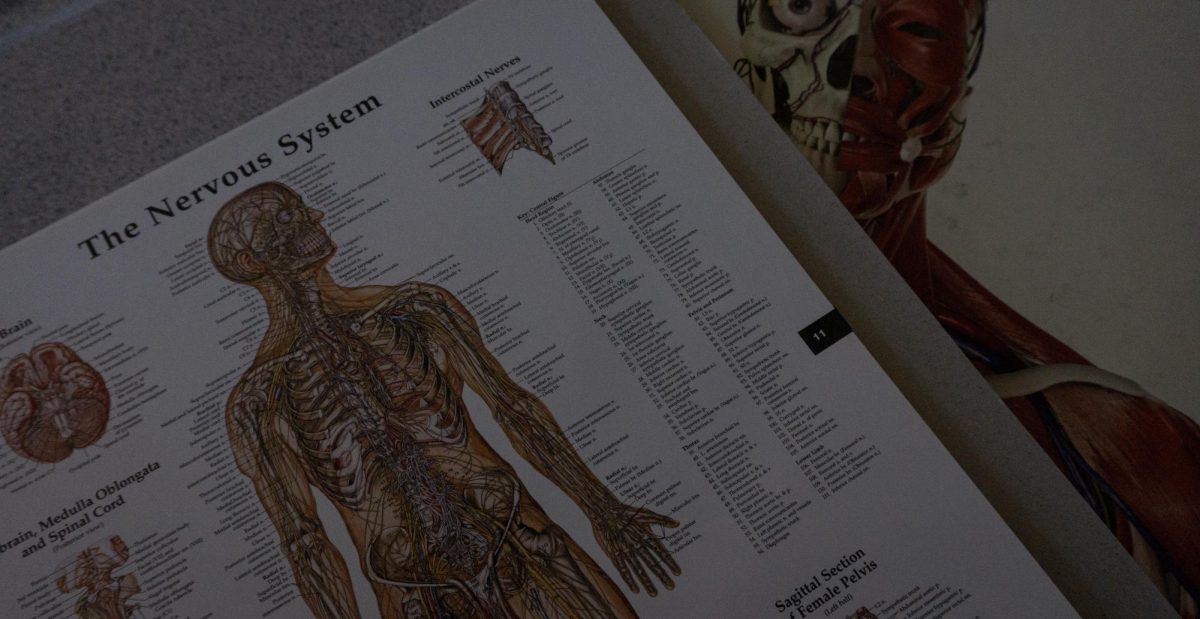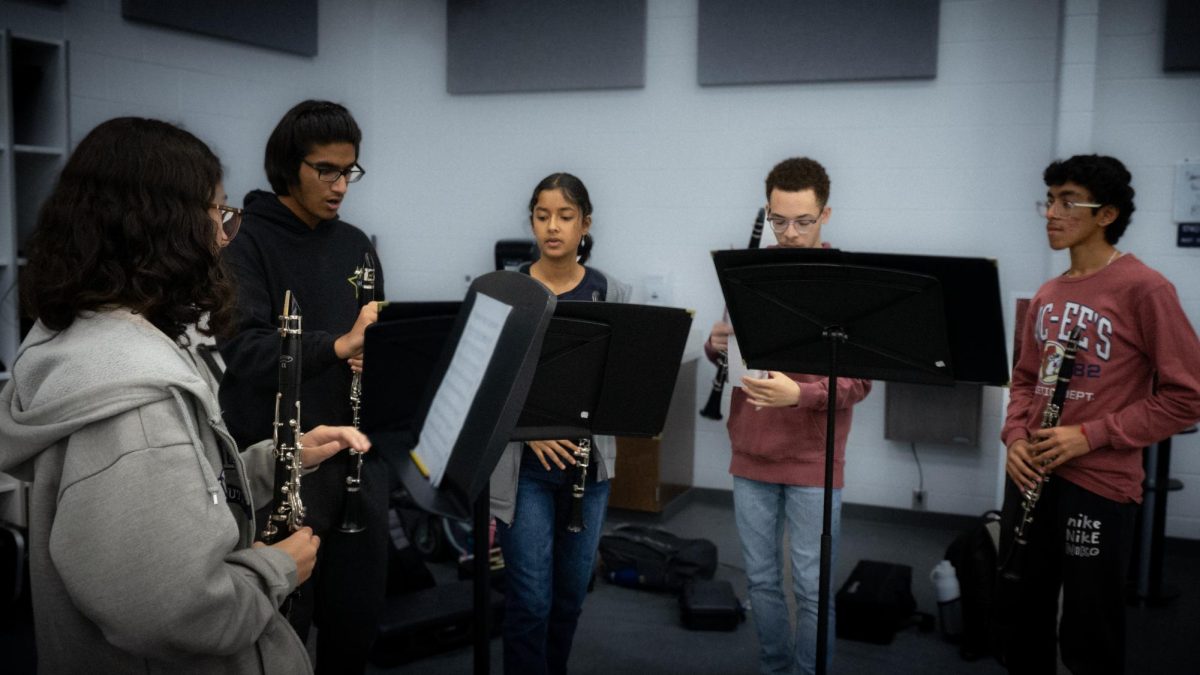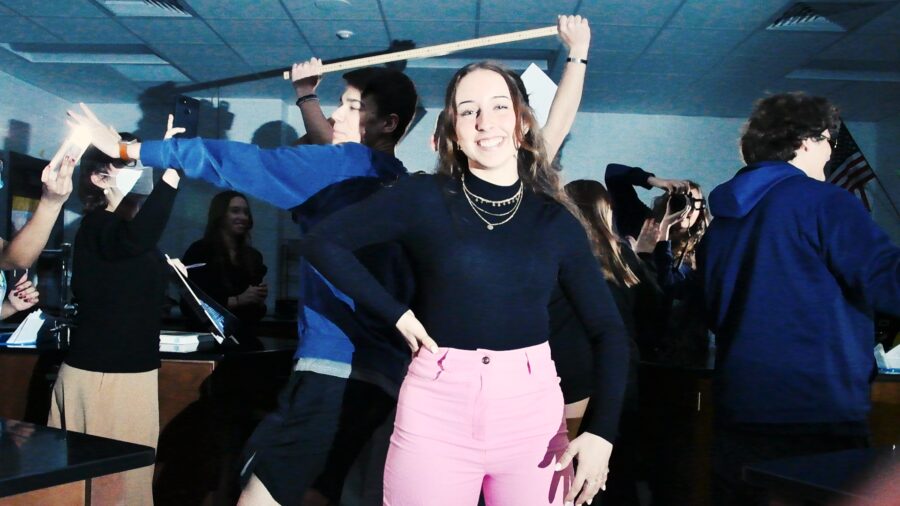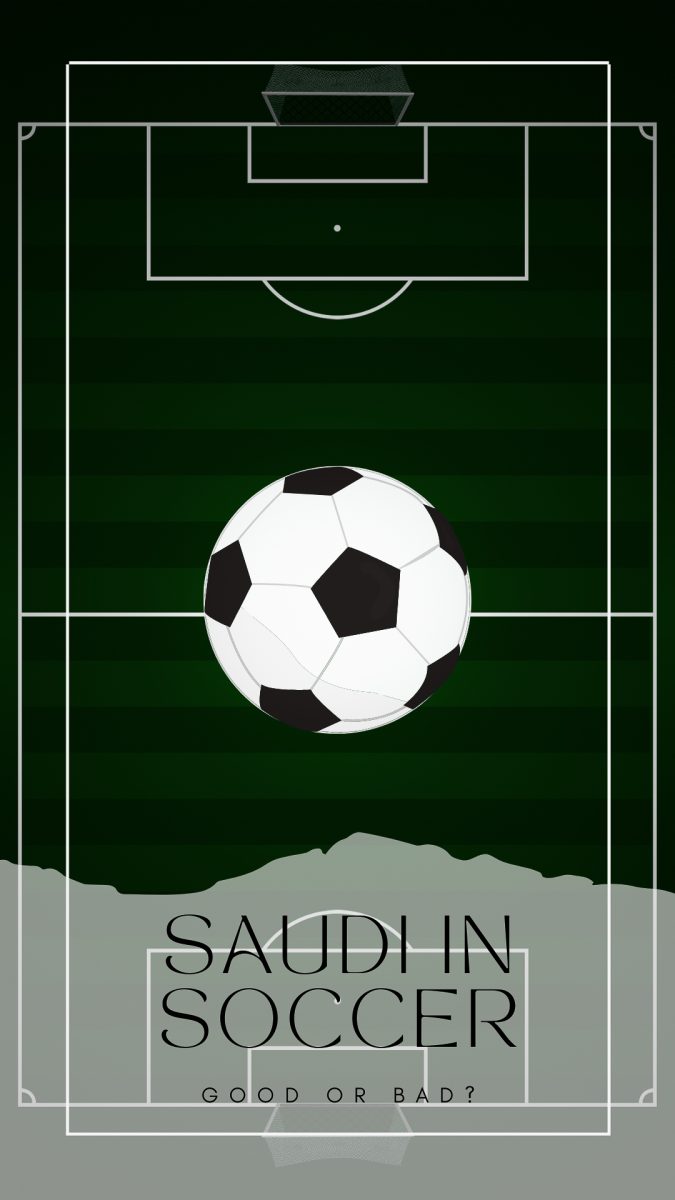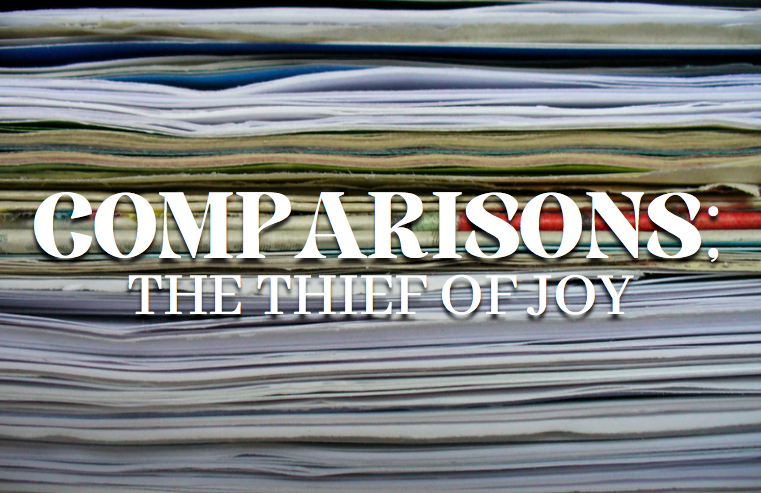Comparisons: The Thief of Joy
November 19, 2021
What do you see when you look in the mirror? Do you see a person that you are proud of? A person that you love and appreciate? Or do you see an incomplete version of yourself, a problem waiting to be fixed? Here begs a new question, what should you see when you look in the mirror? Over the past few years social and academic pressure amongst teens has increased as social media and the web have progressed. Following this new generation, we as teens are pressured to keep up with societal norms. Expectations to look or act a certain way overwhelm us. From academic to social success, nothing ever seems to be enough. So why the continued comparisons? Why do we allow the accomplishments of others to overpower us?
Comparisons Are Natural
It is human nature to seek validation from others. From the time we are born until the day we die, we subconsciously seek approval from our parents, our classmates, our friends, our colleagues or even strangers. With the advancements of social media, these comparisons are becoming more prominent, but having a social outlet to express your daily life also exposes you to the lives of others and may push you to categorize your life through the comparison to others. You see “beauty” on social media and think to yourself, ‘how can I be this beautiful?’ You see success and think ‘why am I not as ambitious?’ You see “joy” and think ‘why am I not this happy?’ Every day we acknowledge that what is presented to the online world is an illusion, yet we continue to compare ourselves to online phantoms. Dylan Ashley, junior, gives her opinion on the matter. “ I believe that comparisons are how we choose to value ourselves. We as teenagers constantly have to live up to certain standards.” states Ashley. “Personally, I always compare myself to people. People I see on the street or online. I see all of these beautiful women and I feel that I need to amount to that.” Every day we are told to be unapologetically ourselves, yet everyday we see those around us holding themselves to a lower pedestal. How can we be ourselves when everyone else is not doing the same?
We See Them Everyday
The falsifications implicated upon us by social media platforms is not the only form of comparisons we as teenagers face every day. In fact, the most common comparison we put upon ourselves is academic comparison. By noticing the achievements of our peers, we suppress our own. For example, a student studies really hard on a test and gets an eighty-five. They noticed that, although they performed well, their grade was much lower than their friends. The student is instantly flooded with sadness. The problem comes in when we choose to allow the achievements of others to affect our mood, regardless of the amount of work we choose to put into our own achievements.
Such comparisons need to be acknowledged. This misconception of always having to compete with another is what is tearing us as teenagers apart day by day. Nevertheless, we have the ability to choose whether or whether not we allow these things to affect us. Being only teenagers, we have the chance to set the basis of our happiness for our entire lives. We can control how we feel and react towards such obstacles in the future. We can choose not to overwhelm ourselves with misfortune because of someone else’s greatness.




